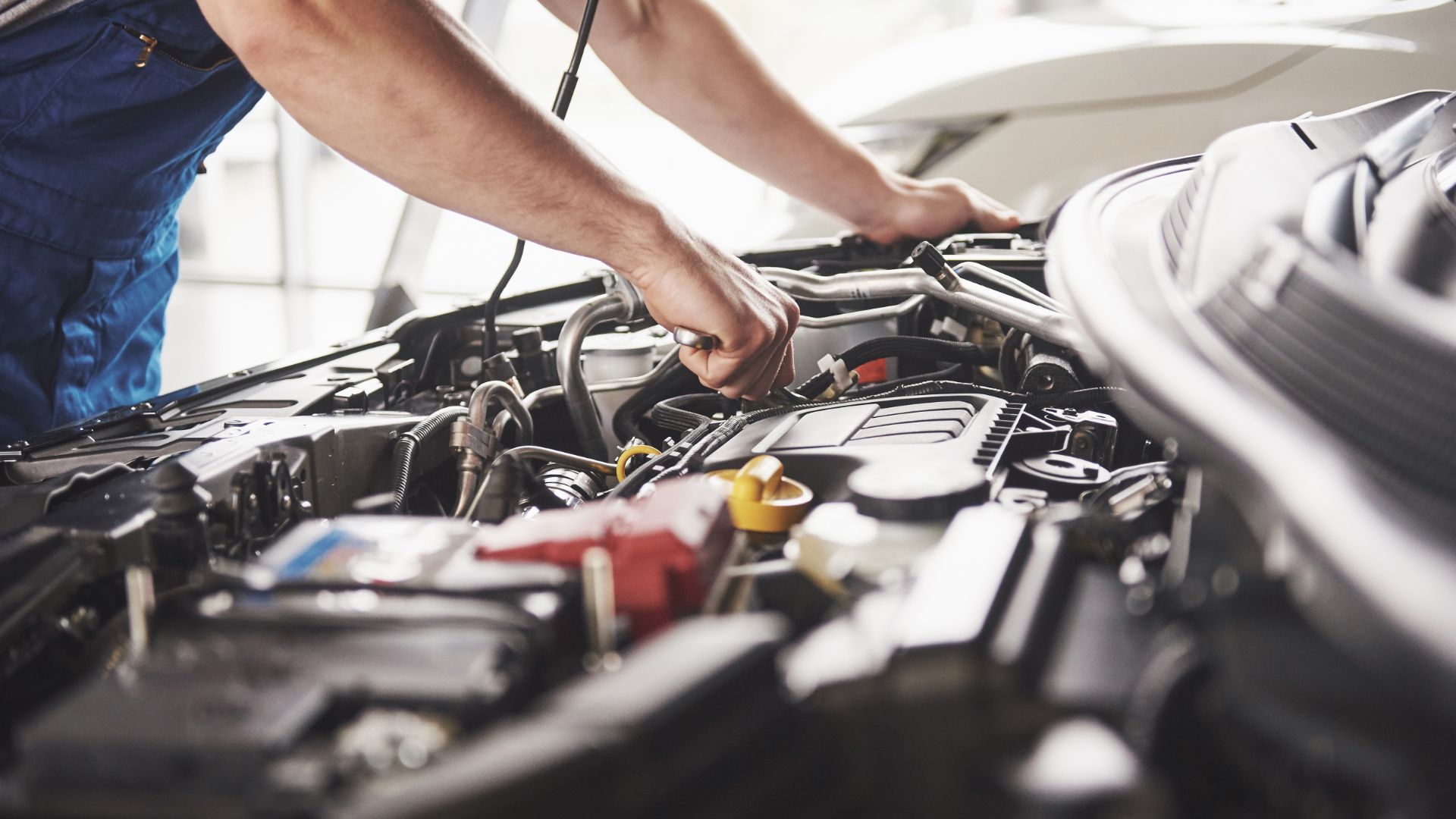
A car is the second most expensive thing most of us will buy or lease. And just as you maintain your house or flat to a good standard, so too should you look after your car.
Read on for easy-to-follow advice to keep your car running reliably and efficiently for longer. It should save you money and hassle in the long-run.
Stick to the service schedule
We advise having your car serviced every 12 months, or possibly more often if you cover a lot of miles.
A service doesn’t just simply mean renewing the oil, either. It may involve replacing various consumables, including the oil filter, air filter, cabin filter, spark plugs (if it’s a petrol engine) and more.
Servicing an electric car is simpler – and theoretically cheaper – as they have fewer moving parts. However, not all garages are equipped to deal with EVs, so you may need to visit a main dealer.
Top up the fluids
You should also keep your car’s fluids topped up between services.
From windscreen wash to engine oil, regular fluid checks are essential to help your vehicle live longer – and keep you safe. Don’t simply rely on a mechanic to check them once a year during the MOT test.
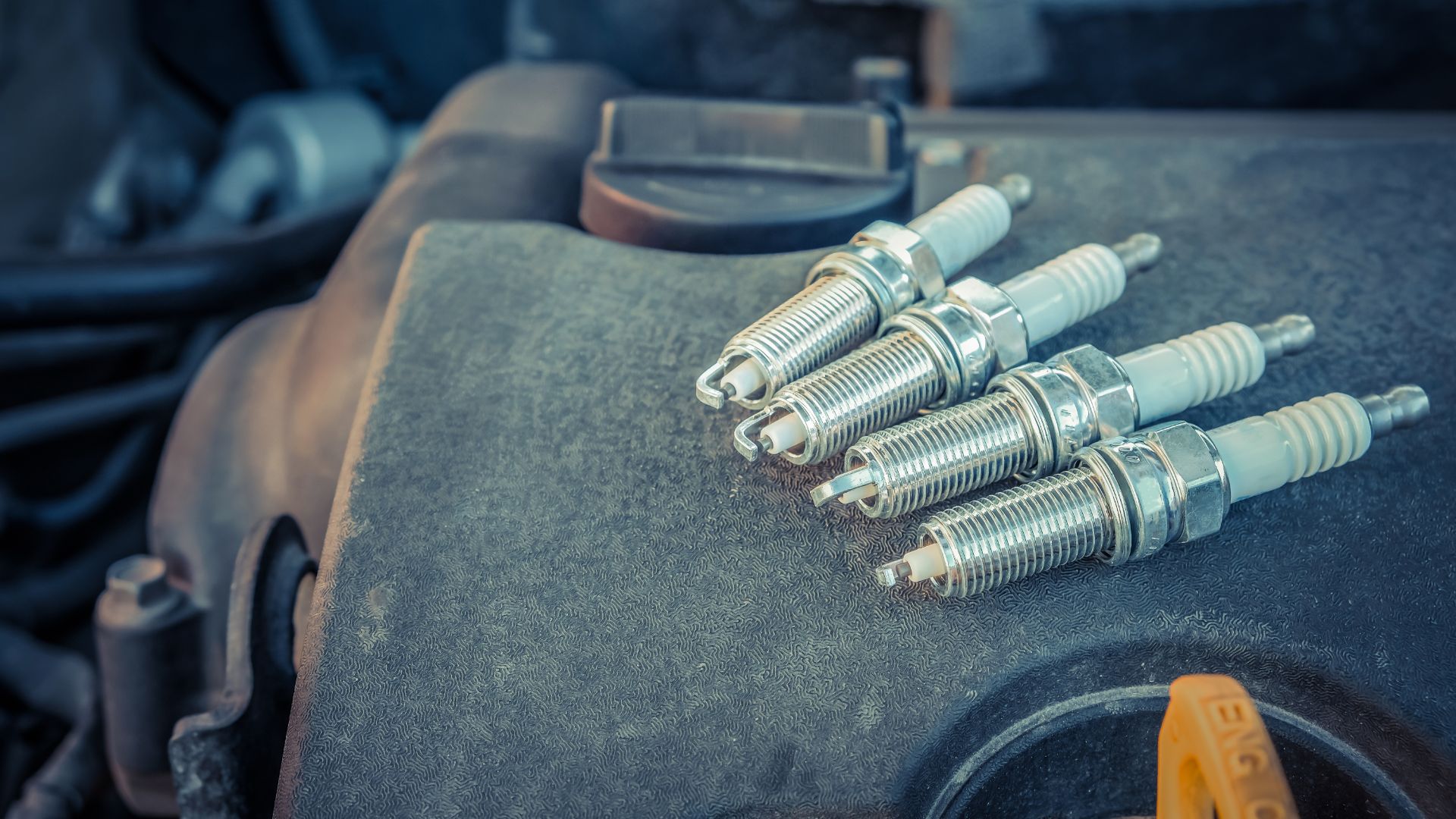
Change the filters
Filters keep the fluids your car uses clean. Oil, fuel (petrol or diesel) and air all have their own separate filters, which need to be changed at varying intervals. Oil and air filters should be replaced at every annual service.
Diesel cars also use a particulate filter (DPF), which can become blocked and is expensive to replace. However, most issues can avoided by simply driving your car regularly. Click here for advice on DPF maintenance.
Replace the spark plugs
Spark plugs are an essential part of your petrol engine, and should generally be changed at every service.
Is your car running rough? It could be the plugs. If you’re handy with a set of spanners, changing them is a relatively easy job to tackle in your garage at home.
Check your tyres
Safety should be reason enough to keep your tyres in tip-top condition; don’t forget, they are the only points of contact between your car and the road. However, financial savings are an added incentive.
Keeping your tyres inflated to the recommended pressures will save you money at the pumps. According to Michelin, tyres under-inflated by 15psi will cause a six percent decrease in fuel economy.
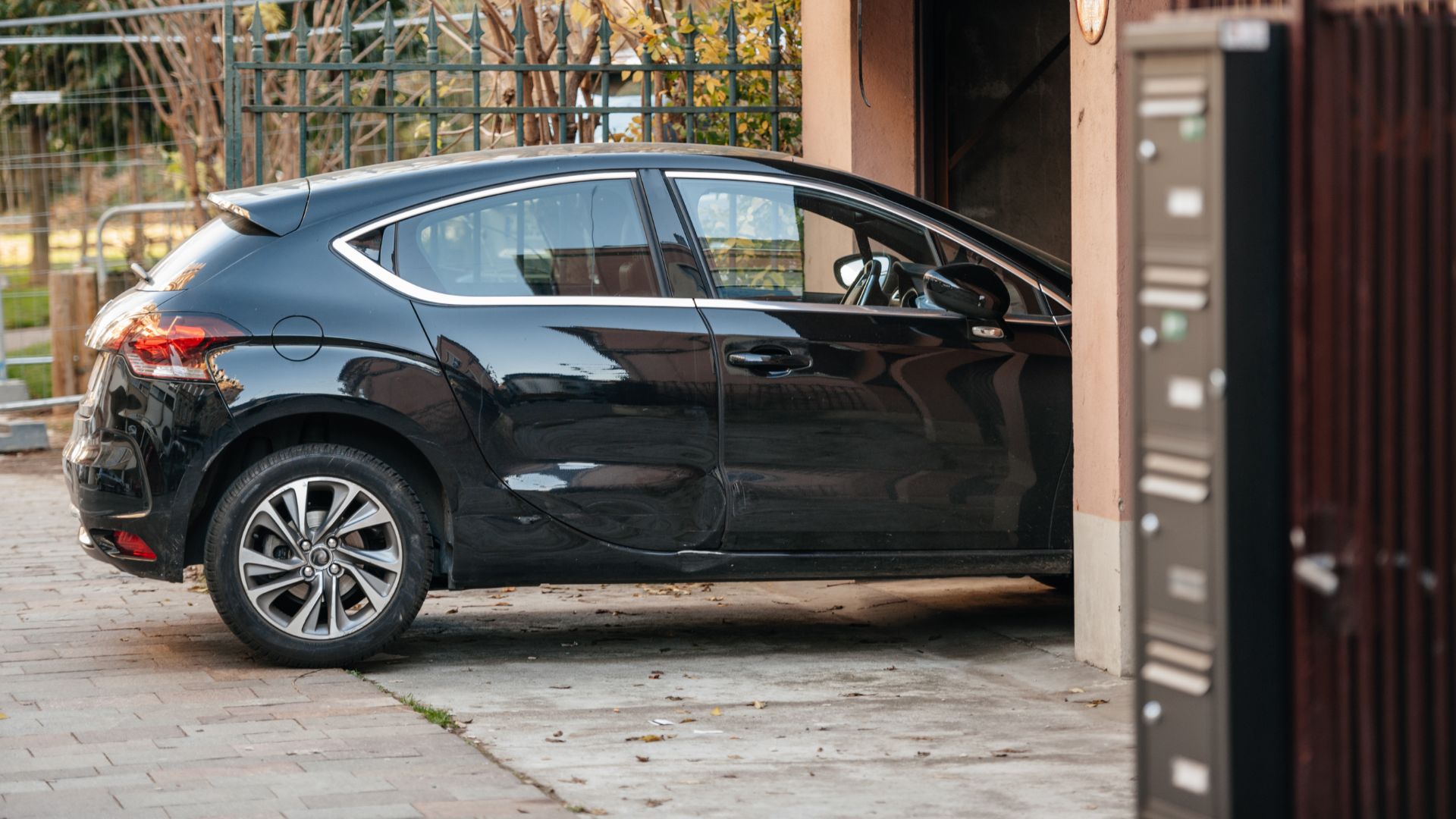
Keep your car clean
Your car might be running like a watch, but keeping it clean is also good for its health. Road grime and salt, tree sap, bird mess… it all adds up to, at best, sorry-looking paint. At worst, it will cause corrosion of your car’s bodywork and internal parts.
A clean car, both inside and out, will be more pleasant to drive and live for longer. It could also protect you from harmful bacteria and disease.
Use your garage
The best way to protect your car from the elements is to keep it away from them. Parking overnight in the safety of a garage will offer decent protection from birds and the British weather, not to mention car crime.
It still needs to be washed from time to time, though.
Kick the clutter
Extra weight equals unnecessary wear and tear. Clear the clutter out of your car and it will corner, stop and drive better overall. It will also use less fuel.
Indeed, less weight makes everything better when it comes to cars, as Lotus has been telling us for years.
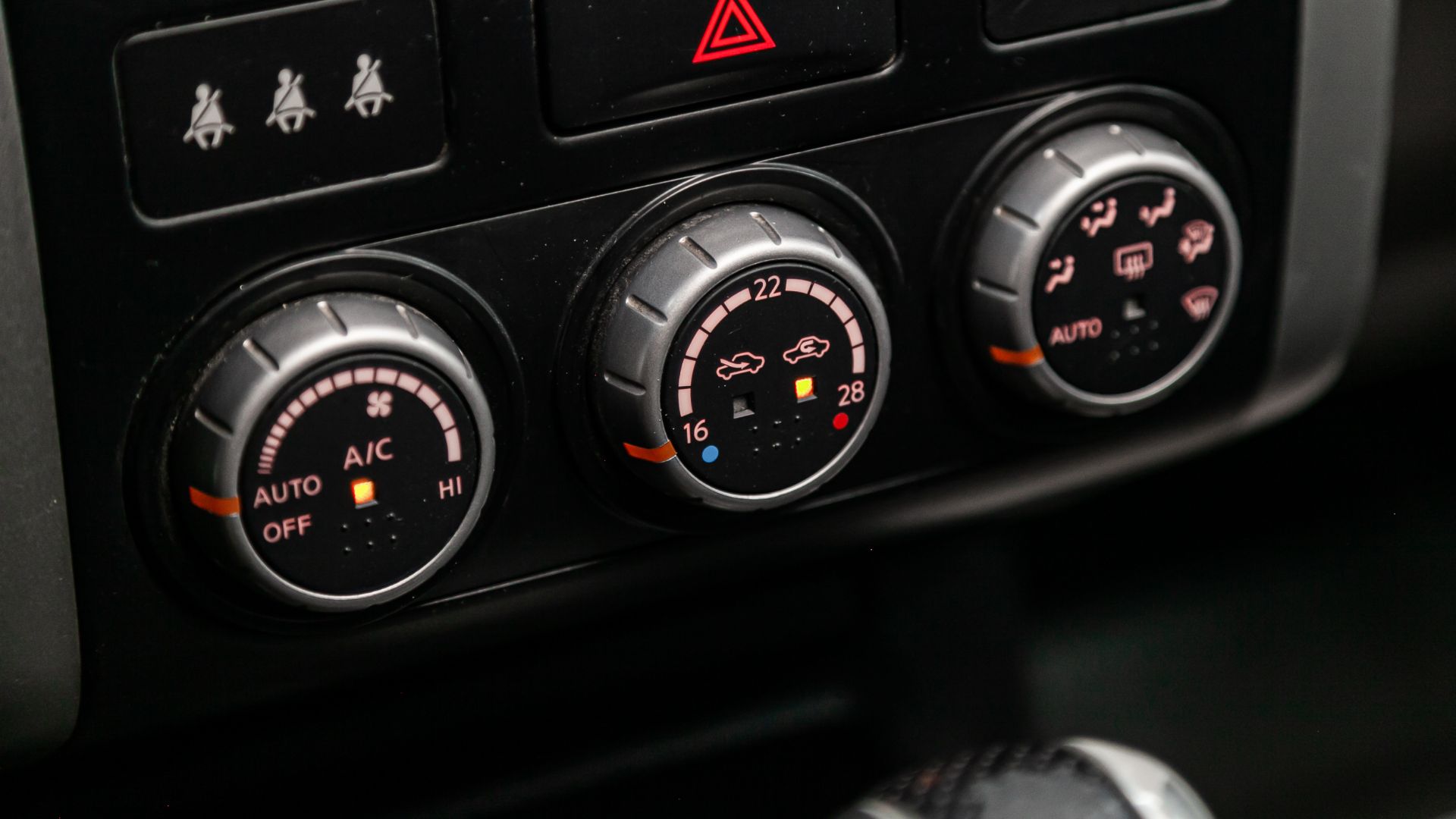
Drive smoothly
Service, clean and keep your car safe all you want; if you don’t drive it correctly, things will go wrong.
That means avoiding hard acceleration and looking well ahead to anticipate stops, so you don’t have to slam on the brakes. Don’t rush the gears or sling the steering wheel around. That said, your engine will appreciate a zesty drive every so often.
Use your car’s equipment
Use it or lose it: what’s true of your body also applies to your car. Features like air conditioning and electric windows can seize over time. If you drive a convertible car, retract its roof every so often.
If nothing else, using certain features will confirm they still work, so you can get them fixed if not.
Keep the battery healthy
Batteries are fickle devices that need to be used to stay healthy. Leave your car for a while and the battery will go flat and degrade, especially in the UK’s variable climate.
If you know your car will be standing for a while, buy a trickle charger to keep the battery topped up.
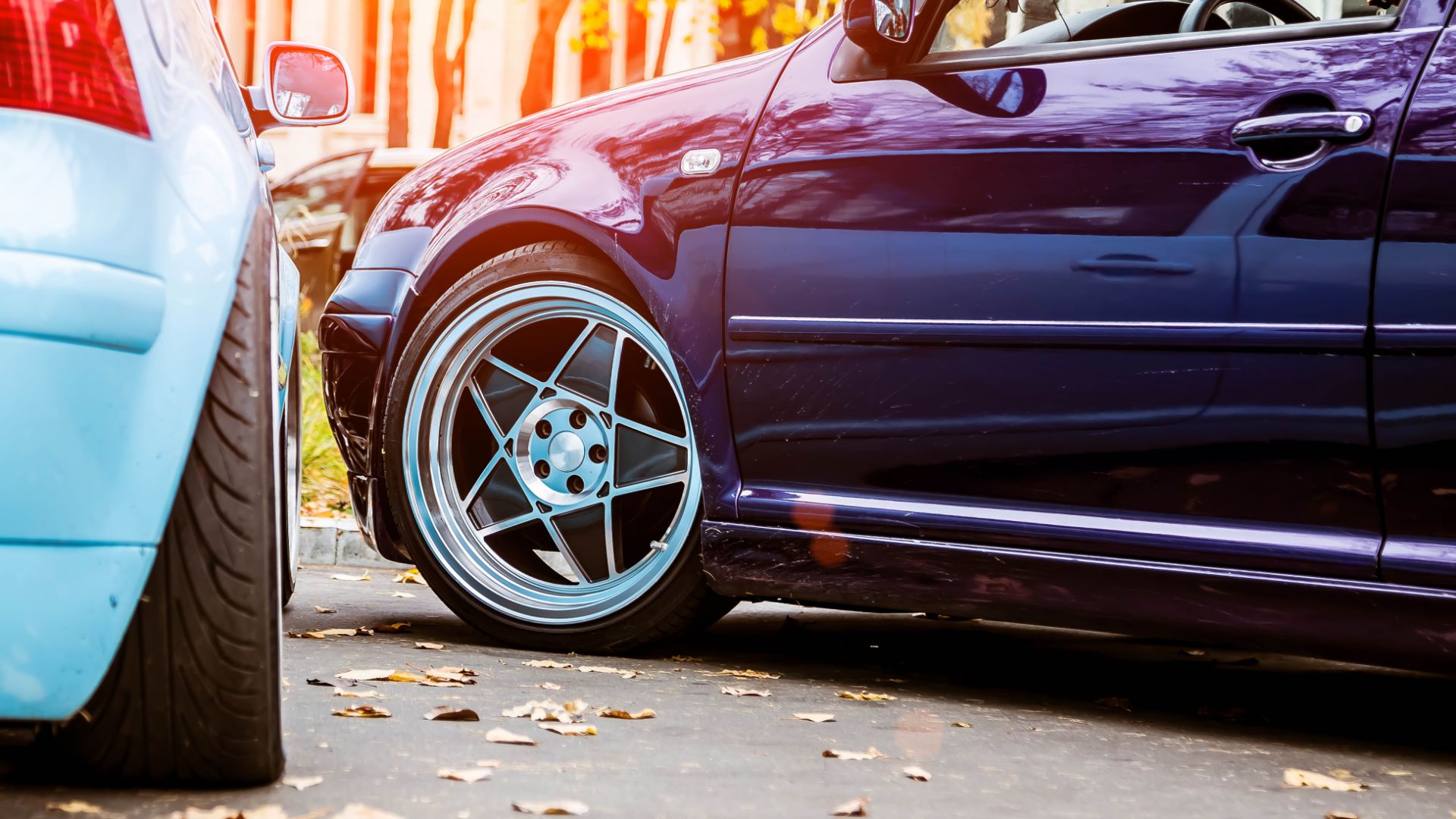
Don’t scrimp on parts
You’d be upset if you got second-rate organs for a transplant because they were cheaper. So don’t cut corners on car parts.
In general, OEM (original equipment manufacturer) parts are best. If you’re buying aftermarket items, do your research – and only buy from reputable brands.
Rust-proof your car
Better to prevent rust now than fix it later. Before your car corrodes, before you’ve even washed it for the first time, it’s a good idea to get it rust-proofed.
Paint-protection wraps work well, and touch-ups of stone chips and other exposed metal will keep the orange wolf from your car door. An inspection underneath and, if necessary, a coating of underseal could be a good investment.
Don’t modify your car
The original parts that came on your car have all been tested over hundreds of thousands of miles. The same probably isn’t true of the aftermarket suspension springs you buy online.
If in doubt, keep things standard, or your car may suffer for it. A modified car is likely to be worth less when you sell, too.
ALSO READ:
How to deep-clean the inside of your car